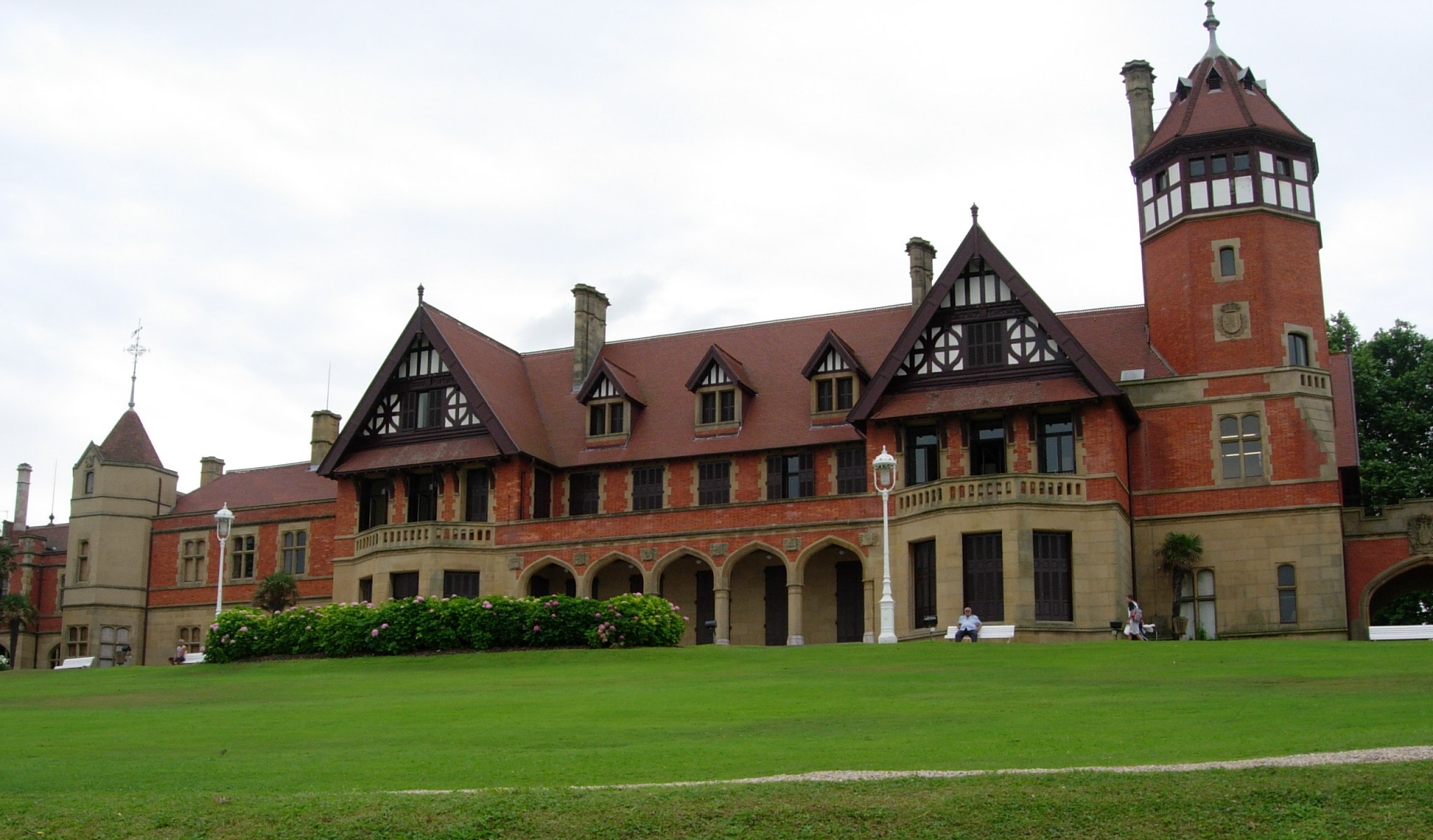|
Graduate at
Psicologia from Universidade Federal
do Pará (1986), master's at
Psychology from Universidade Federal
do Pará (1990) and ph.d. at
Psychology from Universidade de
São Paulo (1996). Currently is
associate professor IV of the Federal
University of Pará, and
Affiliate at the Program of
Postgraduate Theory and Behavioral
Research. Coordinates together with 3
more professors the Development of
Ecology Laboratory. Acting on the
following subjects: social
relationships, social networks,
parenting, co-parenting, peer culture,
play culture, traditional toys and
games. This research has been
supported by grants of National
Council of Research and Development of
Brazil (CNPq)
CONFERENCE
ABSTRACT
Ecology of
development: Family, school and
public policies
An
ecological development perspective
implies in investigating the
development of an active human being
and the relations with the properties
of its immediate and remote
environments. The research on
traditional populations besides
revealing the forms of interdependence
characteristic of certain development
ecosystems, may favor the
implementation of public policies to
overcome poverty. Part of the studies
of our research group (Laboratory of
Ecology Development / UFPA- Brazil)
will be presented. Quantitative and
qualitative methods were used. Aspects
of family structure and organization,
the typicality of mesossystem relation
between school and family and the
impact of public policies
(macrossystem), particularly, the
"family allowance" will be described.
Despite the profound impacts of the
family allowance program in the income
recovery, it is concluded that their
impact is insignificant in relation to
the increase in school influence in
the routine of the children.
|
